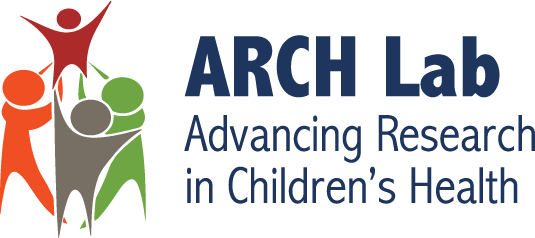Two new ARCH Lab papers have examined long-term psychosocial outcomes in adults born at extremely low birth weight. The first paper, entitled, “Prenatal betamethasone exposure and psychopathology risk in extremely low birth weight survivors in the third and fourth decades of life” was published in Neuroendocrinology and showed that extremely low birth weight survivors who received prenatal steroids have higher rates of clinically significant symptoms of anxiety and depression during their twenties and thirties compared to normal birth weight adults. The second paper, entitled, “Health-related quality of life trajectories of extremely low birth weight survivors into adulthood” was published in the Journal of Pediatrics. This study showed that extremely low birth weight survivors manifest meaningfully poorer health-related quality of life from their early teens through their mid-30s. Individuals with neurosensory impairments, such as blindness, appear to represent a distinct group of extremely low birth weight survivors with substantially lower health-related quality of life at all ages.






